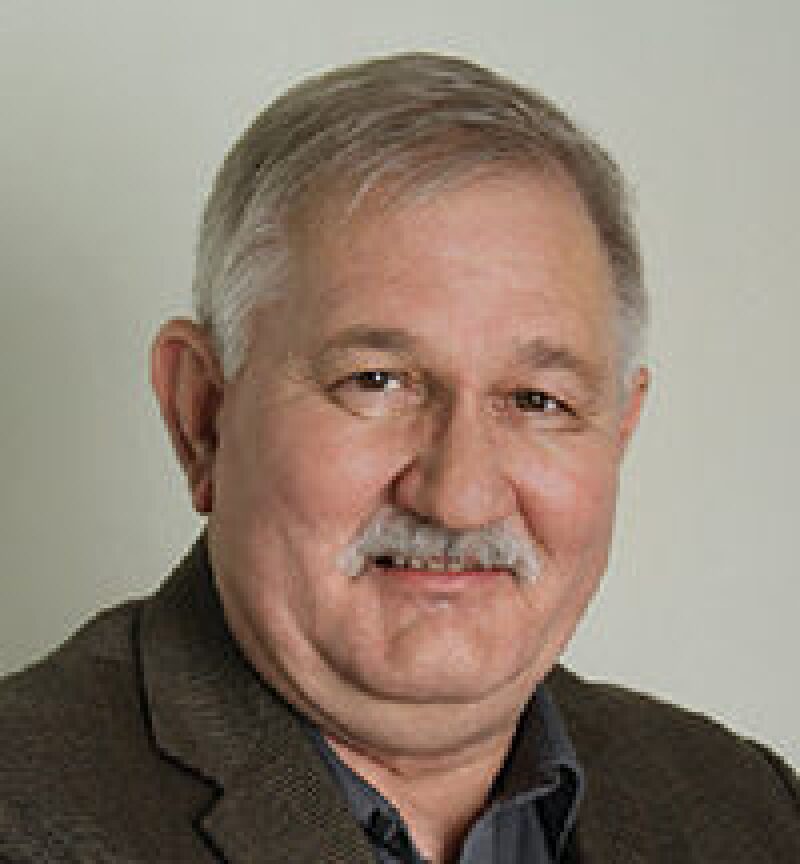If there was one thing that I could tell you, just one thing, it would be this—you have got to stay plugged in somehow. I have seen three busts in my career so far. None of those was expected, anticipated, or planned for. I wish I could say that it was all a carefully thought-out plan and I made it happen but that is not true. It was all a result of the changes that happened in the industry and how I chose to react to them.
I started out as a reservoir engineer at City Service Oil & Gas Company (1980) when the boom was on. I liked my role, although it was the drilling engineers who were the most sought-after since drilling activity was at its peak. Then one day, one of the vice presidents just walked in my office and said, “We have to get you some drilling experience; we need drilling engineers. Are you interested?” I said yes. And that is the rule in the industry: If you get an offer, a promotion, or a transfer, you need to take it whether you want to or not. Because if you do not, you will never get another job offer.
However, when the downturn hit in the mid-1980s, a lot of drilling engineers got laid off. I had to switch my specialization, again, and move into production. I rose through the ranks but then the company got bought by another firm. It was not a move that I particularly liked but that is what happens in difficult times: mergers, acquisitions, takeovers. People do whatever it takes to survive and stick around for the times to improve again. Like a surfboard on a wave, you just keep riding. Do not get in a rut; learn everything you can. The more you can learn, the more you can do and the more opportunities open up to you.
Here is an example of how things do not work out all the time: A friend, who was a consultant, and I founded Winchester, my first foray into entrepreneurship. This did not turn out to be a profitable venture. I ended up leaving in less than a year. It was a business decision driven by nonconvergent goals. You need to recognize when things do not work and get out of it when you can. It was my decision to get involved but it did not work out, so I stepped away. There is a wonderful twist though. Through our business interactions with Indian Oil Wells, they converted from client to employer. This is not unusual in our industry at all. Reputation and networking go a long way in helping you decide your next moves. When you do good work, word gets around. Even when you do not, word still gets around. So as professionals, we need to be very mindful of our interactions with people, our attitude, and work ethics. This was true 30 years ago when I started my career and it holds true even today.
One of the key aspects to remember is to keep moving forward while not losing sight of what you truly expect yourself to achieve. Seize opportunities, yes, but bear in mind what your motivation is. As much as possible, try to find something that you like. That way, you will never have a job. You will have a hobby that you get paid to do.
I came back to the University of Tulsa because I wanted to give back to my alma mater by teaching the students what to do when, on the field, sometimes two plus two will only equal three. You cannot pull out your books and say, “But this is not what the theory states!” You need to be able to understand what “two” and “four” represent, use your knowledge to interpret the value of “three,” and see how you can fit them all in the equation.
As much as we are told to think on our feet and make engineering judgments on the job, recall why you put yourself through school and got a solid foundation. If something does not make sense to you, do not do it. As an engineer, one needs to step back and think about why something has not been done so far if it seems too easy.
Our industry is heavily driven by its perception of the reality. What this means for young professionals is to use these times to learn about different aspects of the industry and broaden your horizons. An excellent way to do this is to be an active member of SPE by attending your section meetings and conferences. Learn what other people are doing. Every professional needs to have an eye for the bigger picture, and a way to develop that understanding is to know what being in a different position entails.
The most crucial things that everyone in the industry is talking about right now are versatility and openness. Being ambitious is great, but being around is important. Build a strong network and start thinking about being valuable in various roles and capacities. Do not shy away from getting grease on your hands or traveling to different locations. Also, remember to start saving the minute you graduate and begin working. Save enough to feel secure, so if bad times hit and you get laid off, you have enough time to find a job.

Mike Stafford is the owner of Stafford Engineering, PLCC, and faculty instructor in the McDougall School of Petroleum Engineering at the University of Tulsa. He has been a consultant for 15 years and specializes in drilling and completions operations, natural gas pipelines, and regulatory affairs. Stafford holds a BS degree in petroleum engineering from the University of Tulsa.

